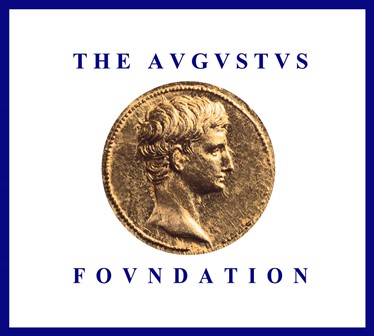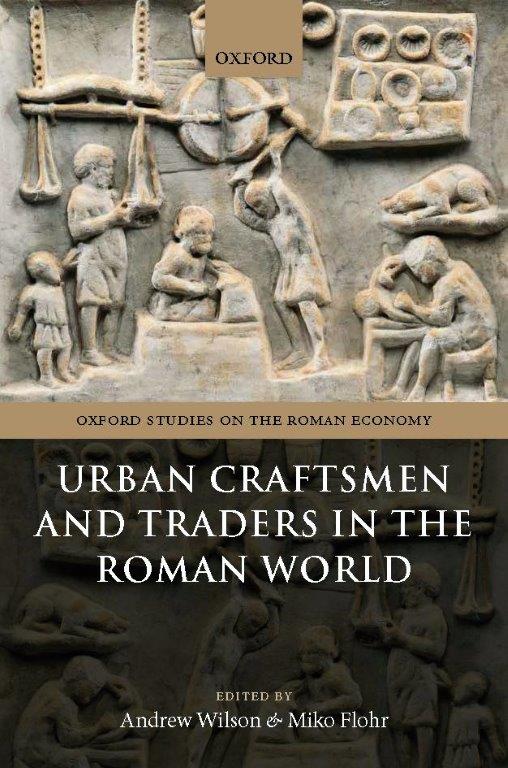
|
 |
- Home
- News
- Team
- Databases
- Conferences
- Oxford Studies on the Roman Economy
- Coin Hoards of the Roman Empire Project
- Affiliated Projects
- Publications
- Bibliographies
- Working Papers
- Links

Urban Craftsmen and Traders in the Roman World
12-02-2016 | ||||
Urban craftsmen and traders in the Roman world This volume, featuring sixteen contributions from leading Roman historians and archaeologists, sheds new light on approaches to the economic history of urban craftsmen and traders in the Roman world, with a particular emphasis on the imperial period. Combining a wide range of research traditions from all over Europe and utilizing evidence from Italy, the western provinces, and the Greek-speaking east, this edited collection is divided into four sections. It first considers the scholarly history of Roman crafts and trade in the nineteenth and twentieth centuries, focusing on Germany and the Anglo-Saxon world, and on Italy and France. Chapters discuss how scholarly thinking about Roman craftsmen and traders was influenced by historical and intellectual developments in the modern world, and how different (national) research traditions followed different trajectories throughout the nineteenth and twentieth centuries. The second section highlights the economic strategies of craftsmen and traders, examining strategies of long-distance traders and the phenomenon of specialization, and presenting case studies of leather-working and bread-baking. In the third section, the human factor in urban crafts and trade—including the role of apprenticeship, gender, freedmen, and professional associations—is analysed, and the volume ends by exploring the position of crafts in urban space, considering the evidence for artisanal clustering in the archaeological and papyrological record, and providing case studies of the development of commercial landscapes at Aquincum on the Danube and at Sagalassos in Pisidia. For more information visit the Oxford University Press website. Contents Introduction
Part I: Approaches
Part II: Strategies
Part III: People
Part IV: Space |  |
Webdesign, databasedesign: Miko Flohr, 2010-2024. Content: OXREP, 2005-2024.